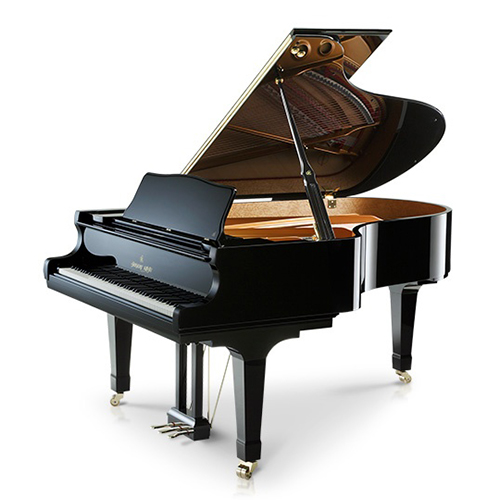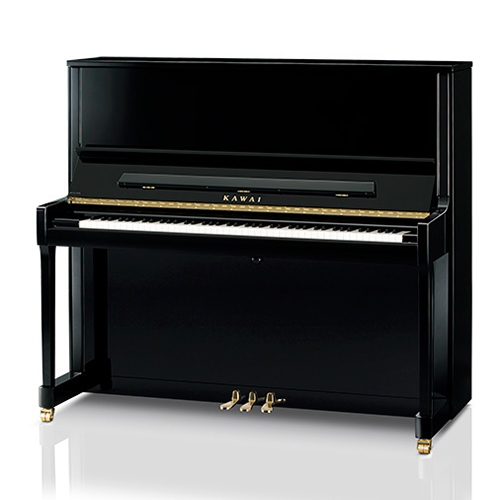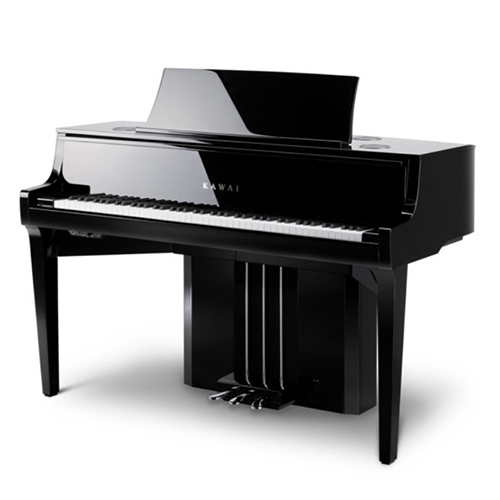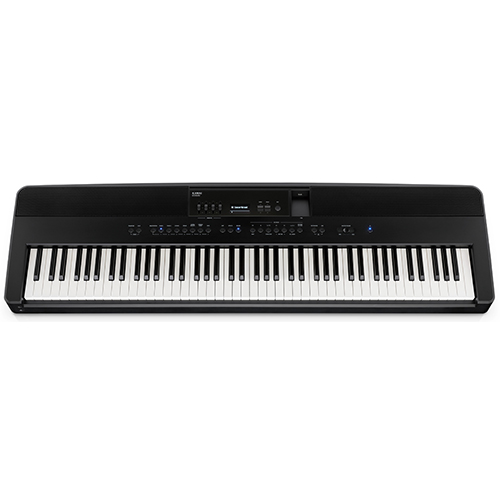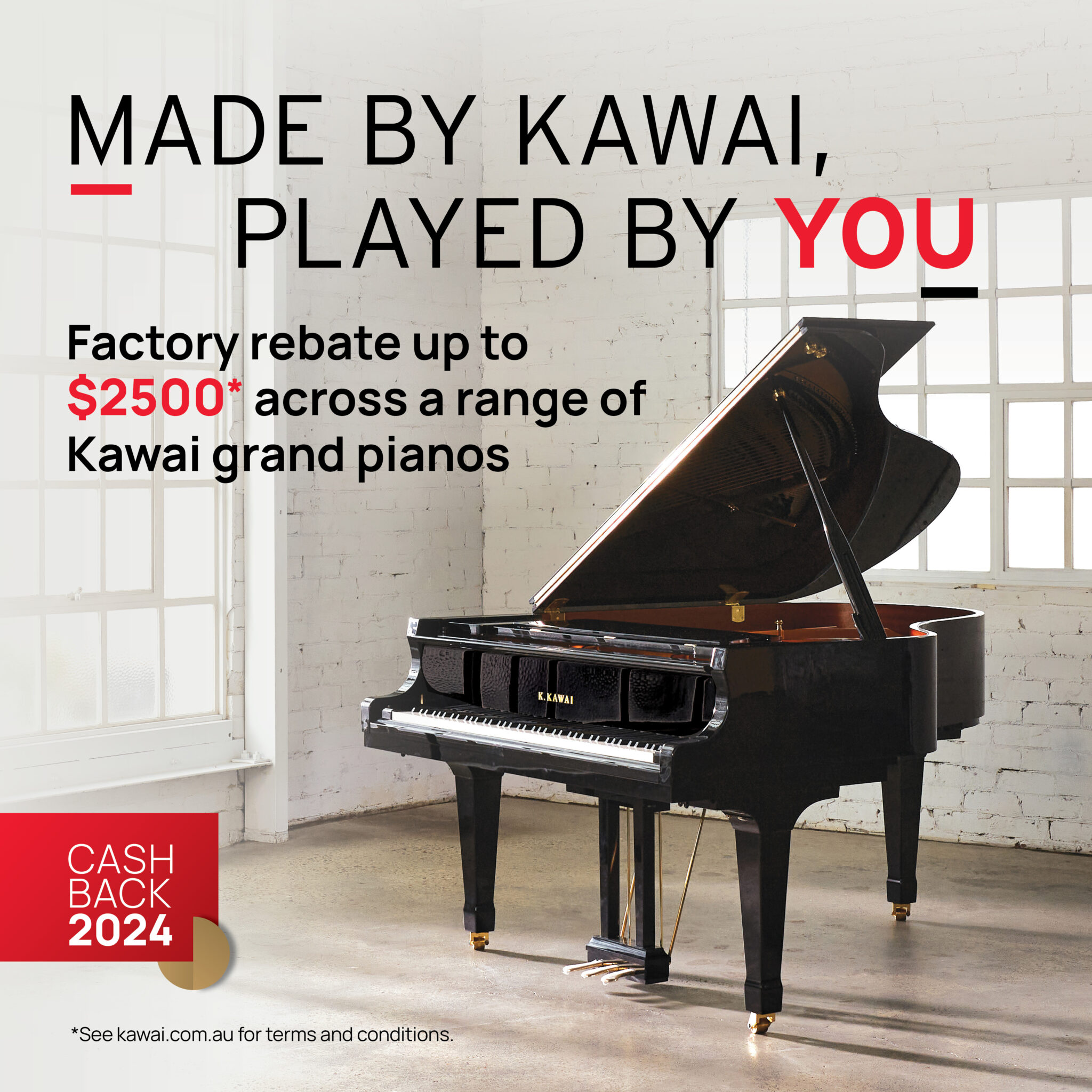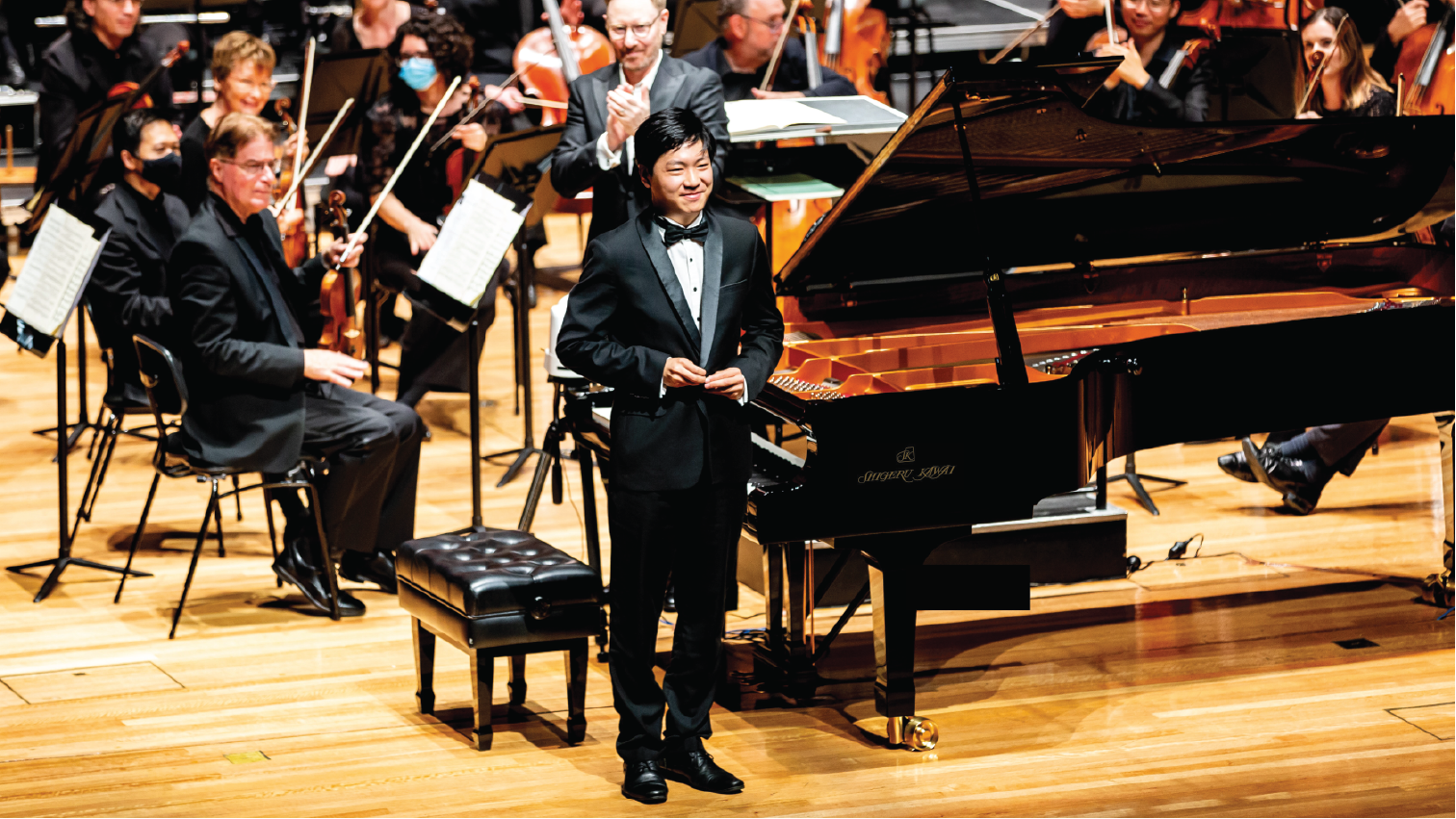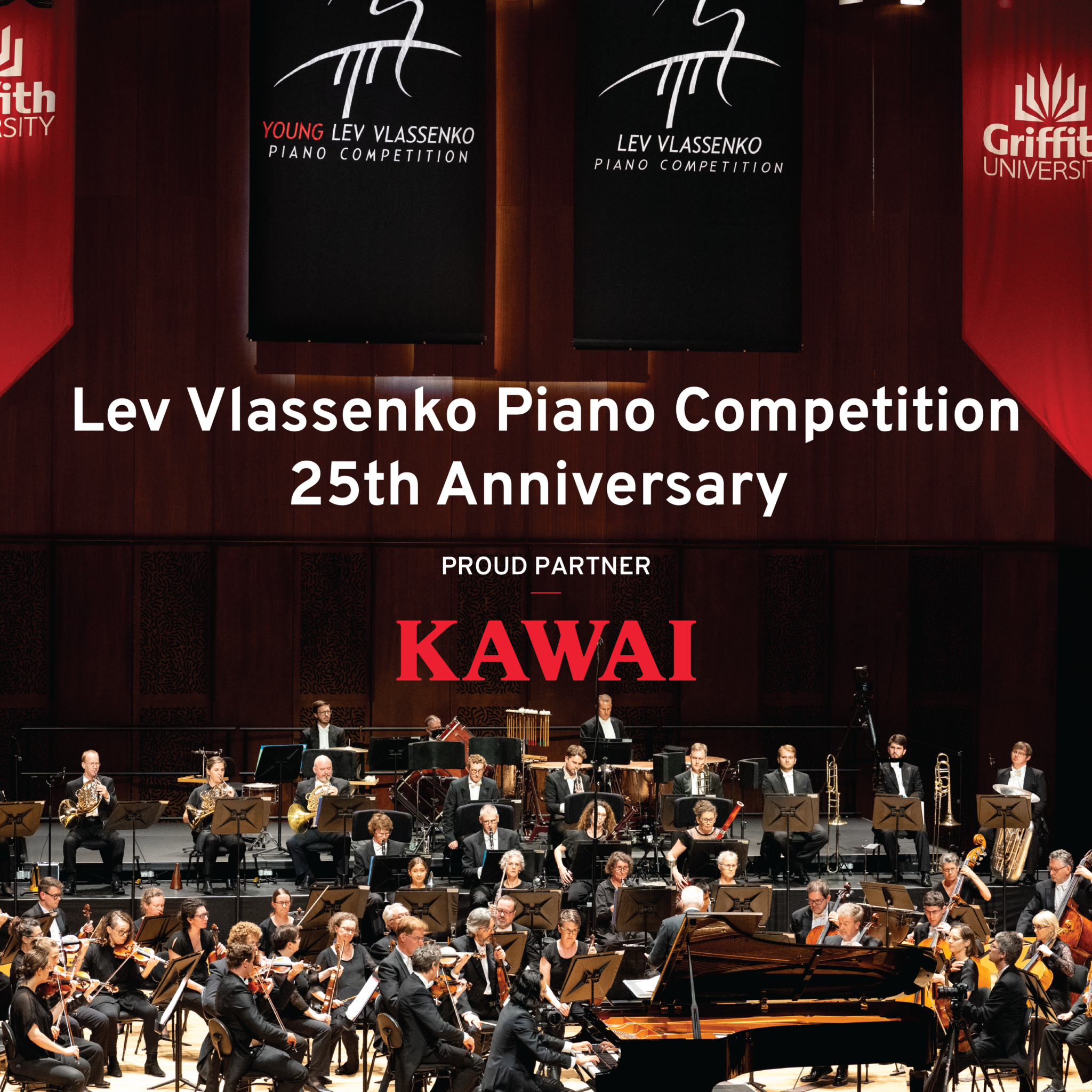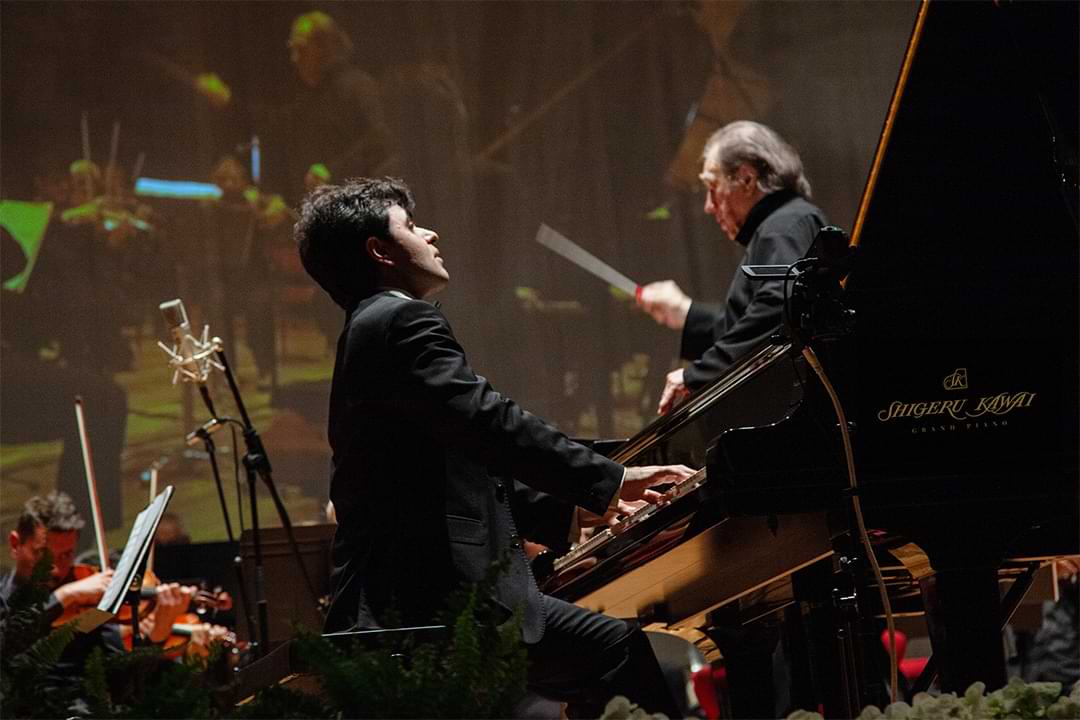
Piers Lane and The Sydney International Piano Competition
About Piers Lane AO
Piers is the Artistic Director of the Sydney International Piano Competition, and in fact, won ‘Best Australian Pianist’ in the first Sydney Competition in 2004.
Piers has gone on the have a distinguished musical career, His concerto repertoire of 100 works has led to engagements with many of the world’s great orchestras. In 2012 he was made an Officer in the Order of Australia (AO) for distinguished services to the arts as pianist, mentor and artistic director.
Having been a prize winner in the first Sydney International Piano Competition, what can you tell us about your personal experience as a competitor in the competition?
I can tell you it’s an experience that informs the rest of your life. You don’t realise it at the time, but fellow competitors will remain colleagues forever in different parts of the world and you will have professional connections in years to come.
I was inspired by hearing my fellow competitors perform – was made aware of a huge amount of repertoire I didn’t know. I met audience members and supporters in Sydney who have remained friends all these decades. I played the Brahms Quintet with the then Sydney String Quartet and have ever since adored performing quintets. I learned Rach 3 for the competition and may well not have done so untjl much later had I not had The Sydney goal. It’s a good piece to get into your muscles at an early age! Having success in the competition led to engagements with orchestras around Australia before I left to study overseas and helped build an audience that has remained loyal ever since. I was also asked, as the youngest competitor and winner of the Best Australian prize, to write the links for and compere a television presentation about the competition. Little did I know then that I’d write and present well over a hundred programs for the BBC in later life. All sorts of seeds were sown in 1977!
As a juror of the competition in the past, what are some of the qualities that you have looked for or things that have impressed you in a competitor?
Really as a juror, you’re reacting like any other audience member, albeit as a highly informed listener. You want to be moved or impressed in some way. Ideally, you want to learn something. Many times as a juror I’ve thought ‘That’s an interesting way to do that!’. You’re looking for pianists who have something interesting to ‘say’.
These days technical mastery is taken for granted – though it’s still exciting if someone has an absolutely transcendental technique. But on top of any virtuoso piano playing (and incidentally, virtuosity includes the ability to play slowly and tellingly, soft as a whisper and with profundity), you want to find someone who communicates, a performer who radiates something special, who finds something beyond the obvious in whatever repertoire they have chosen to play.
How did you handle situations where the performances were of a similar standard and it became challenging to differentiate between them?
This happens all the time. The four pre-selectors for The Sydney this year listened to 250 applications of about thirty minutes each. About ten players were on everybody’s lists for the 32. I’ve also just done that job for the Clara Haskil Competition in Switzerland this September and there was a similar proportion who received votes from all three pre-selectors.
There is always a group who stand out, but then dozens who are equal in different ways. I’m afraid these days there are more good players than there are places for them in any competition – a difficult, but wonderful fact! The general level of playing is astoundingly high. It becomes a bit of a lottery, who gets in and who doesn’t. That’s why one has seven jurors on the competition panel – hopefully a majority vote offers the best chance for a wide variety of worthy talents to succeed.
My ultimate question is always: who do I really want to hear again? Sometimes there are very fine players, whose responses are utterly predictable and in the end uninteresting. You want musicians who intrigue you in some way. Usually that comes from players who are true to themselves, not scared to be different, players who don’t just dutifully ‘report’ the composer’s manuscript, but somehow inhabit the composer’s imaginative world.
What can you tell us about the rich variety of new Australian works to be included in the repertoire this year?
The whole point of my changing the Australian piece requirement in the 2016 competition, from a choice of two or three specially commissioned works to an own choice Australian work of any length or period, was to make applicants research the rich possibilities extant, select something they really wanted to learn and then hopefully continue to perform that work for the rest of their lives, spreading the work of our Aussie composers far and wide. However in the 2021 Online competition, a huge percentage of competitors opted to play one, two, or up to five of Carl Vine’s Bagatelles – wonderfully effective pieces which I love – but which somewhat negated my inclusive and idealistic intentions of 2016!
I’m also very conscious that many competitions seem to class Bartok and Prokofiev as contemporary! I want us all to realise that we live in the twenty-first century and should be playing the works of truly contemporary composers alongside our beloved past masters. So this year I asked for Australian pieces composed since 2000, which, incidentally, precludes Carl’s Bagatelles, but not the Anne Landa Preludes and other works. I’m thrilled though, that the bulk of pieces finally selected by the applicants are from those composed for the Composing the Future competition I devised in response to Creative Australia’s covid offer: donations to small companies up to $25k would be matched to support a particular project that had first to be approved.
Our Composing the Future competition invited Australian composers living anywhere in the world to submit a piano piece of any length for consideration by a panel of five of Australia’s top pianists. They were asked to choose an overall winning piece, (Colin Spiers’ Eine Kleine Nachtmusik) which was in due course premiered by Alexander Gadjiev during his October/November national tour last year. They were also asked to choose a piece they would themselves premiere. We had 94 new works submitted – in some cases a single short piece, in others, complete sonatas or sets of pieces. Extraordinary that there are nearly a hundred new Australian piano pieces from that competition – and thrilling that so many were selected by the Piano Competition applicants this year! Certain works will receive their world premieres in front of the composer during the competition.
As one of Australia’s most decorated and sought-ager artists, do you (or did you) have any pre-performance or pre-competition rituals?
Yes, I have always had some and they have changed over the years – but I’m not going to tell you what they are, or the magic might disappear … not that I’m superstitious or anything…
Learn about Kawai’s role at this year’s Sydney International Piano Competition. We have hand selected a very special Shigeru Kawai concert grand piano from our Headquarters in Japan, to feature in this year’s competition.
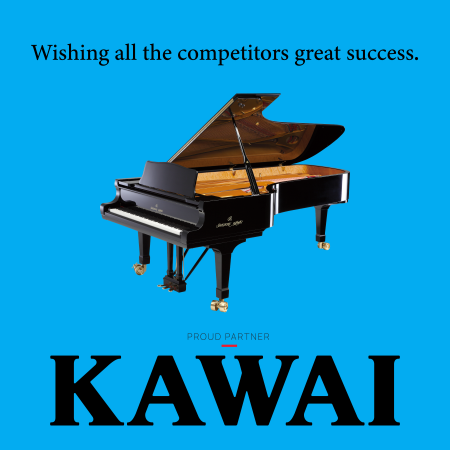
Prepared by Hugh Raine
